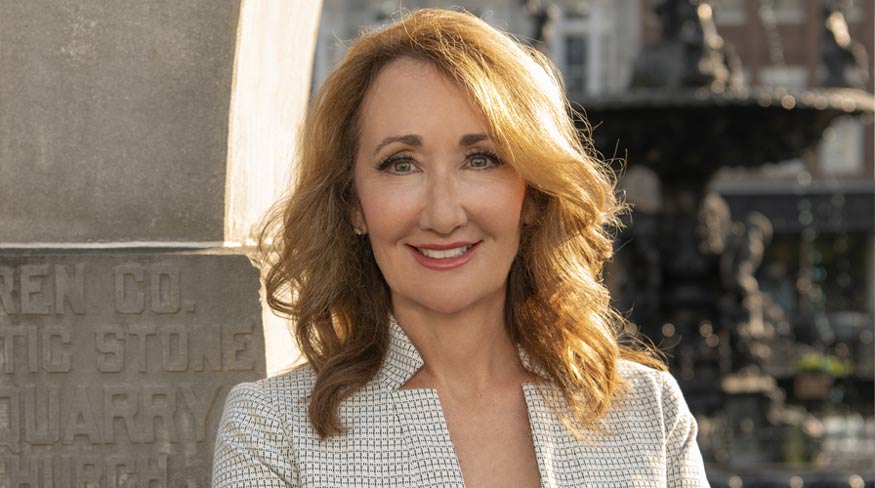When it comes to our health, we have an incredible amount of resources at our disposal to seek effective care.
However, as this article in The New York Times notes, the sheer number of these resources doesn’t guarantee that we will find the right care or the highest quality care. In fact, there are a few reasons why, despite the vast amount of information at our disposal, patients are still the victims of substandard care and medical mistakes.
You can’t always choose where you receive care
If you are seriously injured in an accident or go into cardiac arrest at home, for example, the ambulance that responds can take you to a facility you may not have chosen for yourself.
Additionally, your insurance coverage may not extend to a certain hospital or provider, meaning you could have to see someone else or pay a lot more money.
Patients typically do not have an intricate knowledge of medical procedures
When you go in for an operation, you may understand the broad strokes of the procedure and what the doctor will do. However, most people do not have any more than this basic understanding because they did not go to medical school and do not practice medicine. This can make it difficult to know what to ask before an operation or what standard practices and procedures look like.
Mistakes are often isolated events
Doctors are humans, and they make mistakes. It can be fairly easy to track down information on a doctor who has a history of medical malpractice and negligence, but oftentimes, mistakes are isolated events. They may have never happened before, and a care provider may have a spotless track record that would have never set off any alarms.
What you can do to address medical mistakes
Unfortunately, these and other factors make it difficult for a patient to avoid being the victim of medical malpractice. However, if you or a loved one has suffered as the result of this medical negligence or recklessness, you can take action to hold the appropriate party accountable.
Not only can a legal claim help you secure the compensation you deserve, it can serve as a means of acknowledging misconduct and possibly spark systemic changes to prevent the same thing from happening to someone else.

